Supreme Court Rejects PIL for OTT Regulation Body, Emphasizes Policy Role


Send us your feedback to audioarticles@vaarta.com


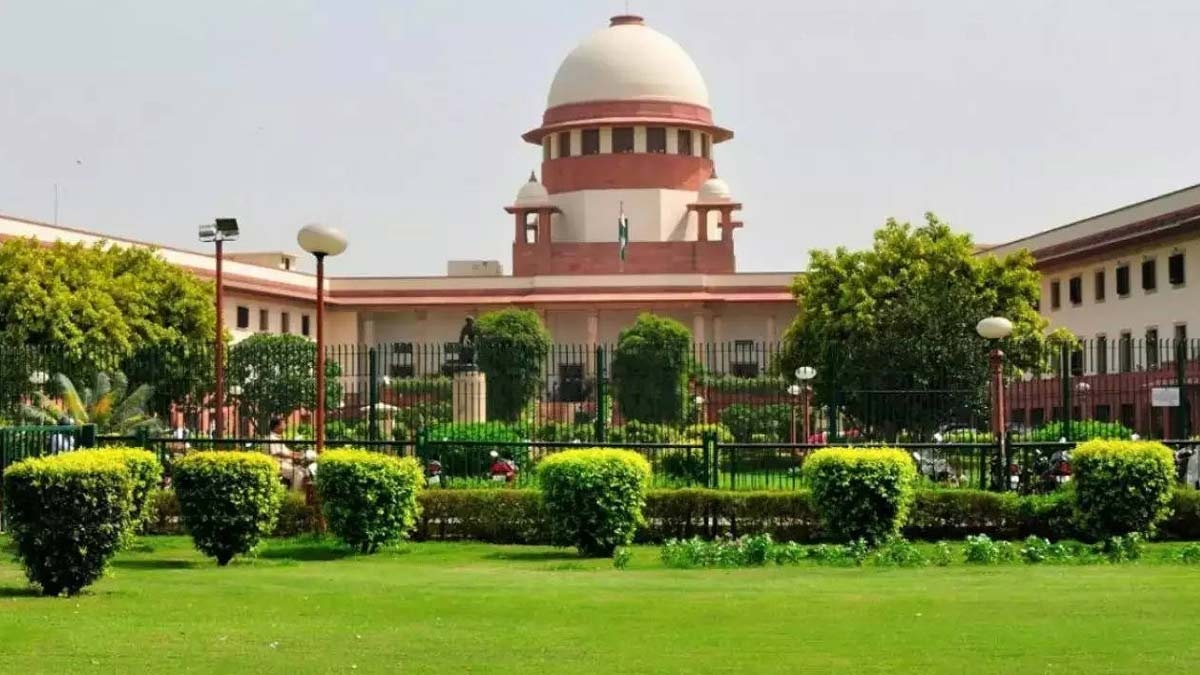
The Supreme Court has dismissed a Public Interest Litigation (PIL) seeking the establishment of an autonomous body to regulate content on Over-The-Top (OTT) platforms. The court, led by Chief Justice D.Y. Chandrachud, affirmed that the matter falls under the executive's domain of policy-making and requires extensive consultations with stakeholders.
The PIL, filed by lawyer Shashank Shekhar Jha, argued for the need for a regulatory body similar to the CBFC for films, citing concerns over unregulated content on platforms like Netflix. The court, however, emphasized that such decisions should be addressed through appropriate policy channels and multi-stakeholder dialogue.
Key takeaways:
Policy, not judicial, domain: The court clarified that regulating the internet and OTT platforms falls under the executive's policy-making jurisdiction, not the judicial realm.
Need for stakeholder consultation: The court highlighted the importance of involving various stakeholders in the decision-making process, including industry bodies, government agencies, and experts.

No quick fix: The court's decision underscores the complexity of regulating online content and the need for a multi-faceted approach involving government agencies, industry bodies, and public discourse.
Contextual Background:
Industry Pushback: The Indian Broadcasting and Digital Foundation (IBDF), representing major broadcasters, has urged the Ministry of Information and Broadcasting (MIB) to exclude OTT platforms from the scope of the contentious Broadcasting Services (Regulation) Bill 2023.
MIB's Draft Bill: The MIB's draft Broadcasting Services (Regulation) Bill, 2023, aims to replace the existing Cable Television Networks (Regulation) Act and bring OTT platforms under its purview.
Previous Concerns: Last year, a parliamentary panel urged OTT platforms like Netflix, Amazon Prime, and Disney + Hotstar to avoid showing obscenities and respect cultural sensitivities.
Future Implications:
The Supreme Court's decision emphasizes the need for a comprehensive and nuanced approach to regulating online content. The government is likely to continue exploring policy options, engaging with industry stakeholders and the public to formulate a balanced regulatory framework that addresses concerns over content while respecting freedom of expression and innovation.
Follow us on Google News and stay updated with the latest!
-

Devan Karthik
Contact at support@indiaglitz.com




 Follow
Follow






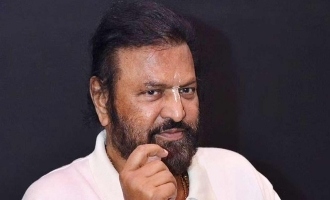









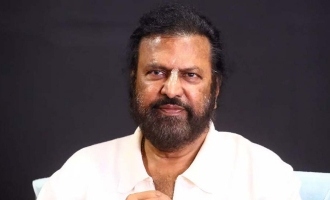




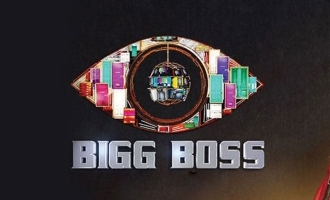













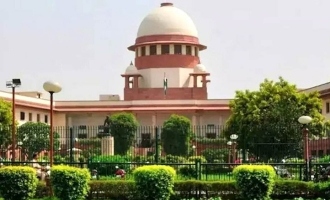
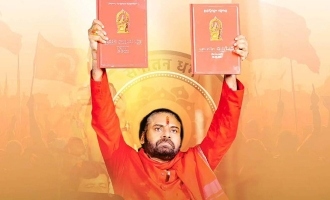


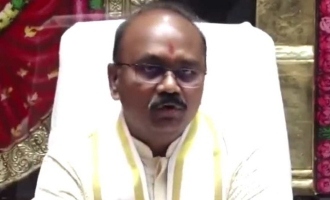



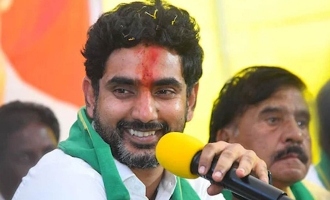












Comments